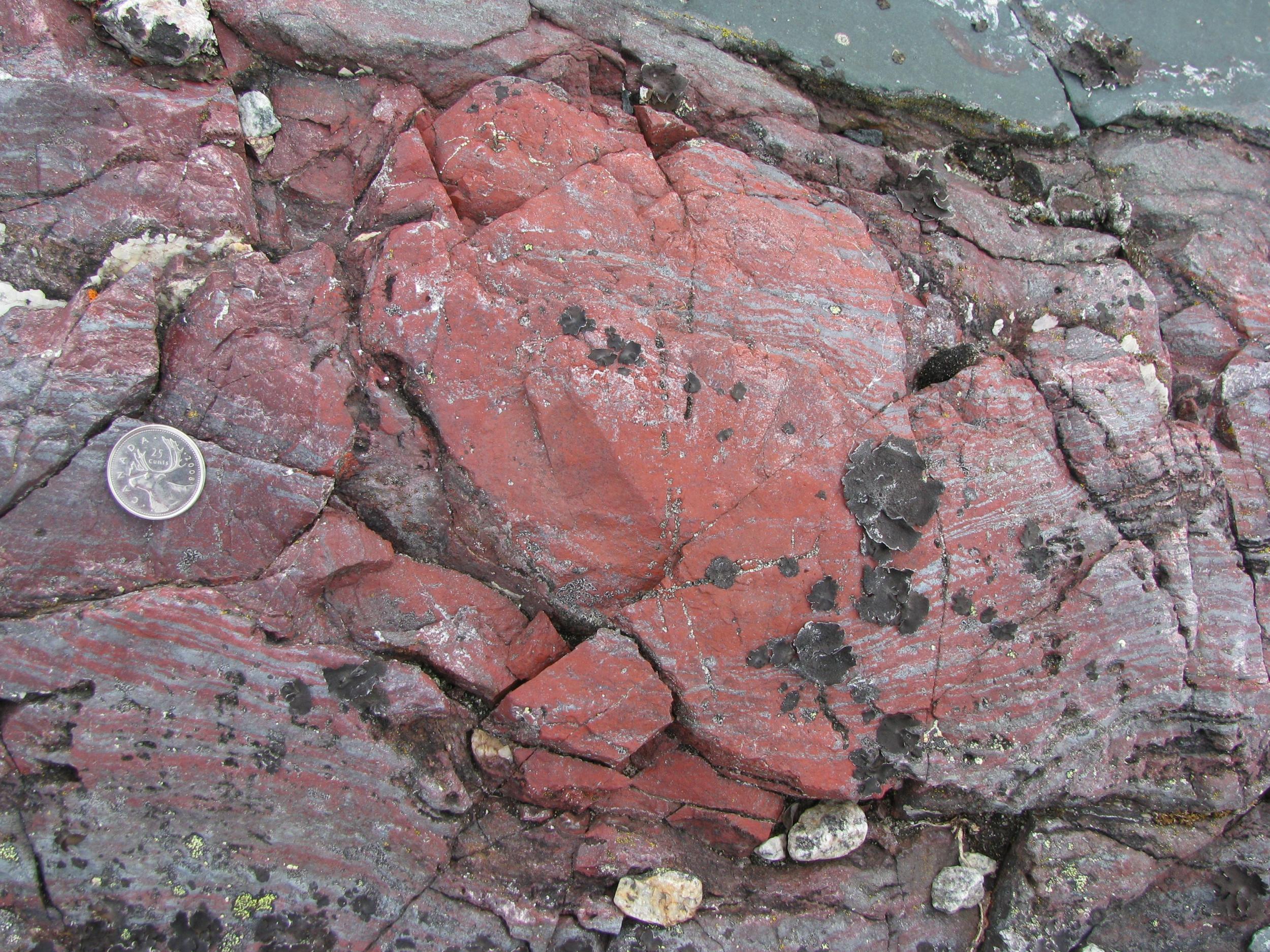British scientists discover 'oldest known' fossils which could help search for alien life on Mars
The 'microfossils' date from around 4.3 billion years ago
Remains of microbial bugs thought to be the oldest known on Earth have been unearthed by British scientists.
The “microfossils” consist of tiny filaments and tubes formed by bacteria that lived at least 3,770 million years ago.
They were found encased in quartz layers in a rock formation in Quebec, Canada, known as the Nuvvuagittuq Supracrustal Belt (NSB).
The bugs, which lived on iron, are believed to have thrived in a deep sea hydrothermal vent system, a region of volcanic activity on the ocean floor.

Scientists believe the mineral-rich, hot waters surrounding hydrothermal vents may have provided habitats where the Earth's earliest life forms evolved as long as 4.3 billion years ago.
Matthew Dodd, a member of the UK team from University College London (UCL) working on the remains, said: “Our discovery supports the idea that life emerged from hot, sea floor vents shortly after planet Earth formed.
“This speedy appearance of life on Earth fits with other evidence of recently discovered 3,700 million year old sedimentary mounds that were shaped by micro-organisms.”
Previously the oldest reported microfossils, from Western Australia, were dated at 3,460 million years old.
However, some experts believe they may be non-biological features in the rocks.
To be sure of their discovery, the UCL researchers systematically looked at different ways the tubes and filaments could have been made by non-biological means, such as temperature and pressure changes during burial of the rock sediments. All these possibilities were ruled unlikely.
The structures, made from a form of iron oxide called haematite, had the same characteristic branching pattern as that associated with bacteria found near hydrothermal vents today.

In addition they were discovered alongside minerals such as graphite, apatite and carbonate which are commonly found in living organisms.
Lead scientist Dr Dominic Papineau, from UCL’s Earth Sciences department, said: “The structures are composed of the minerals expected to form from putrefaction, and have been well documented throughout the geological record, from the beginning until today.
“The fact we unearthed them from one of the oldest known rock formations suggests we’ve found direct evidence of one of Earth's oldest life forms.”
The scientists believe the find, reported in the journal Nature, could help the search for life on other planets including Mars.
The bugs were living on Earth at a time when Mars is thought to have had oceans or lakes of liquid water on its surface.
Mr Dodd, a PhD student, added: “Therefore, we expect to find evidence for past life on Mars 4,000 million years ago, or if not, Earth may have been a special exception.”
PA
Join our commenting forum
Join thought-provoking conversations, follow other Independent readers and see their replies
Comments
Bookmark popover
Removed from bookmarks